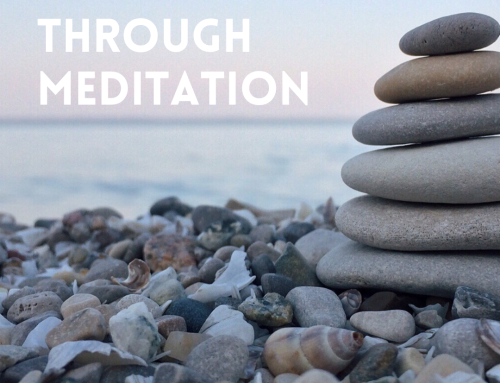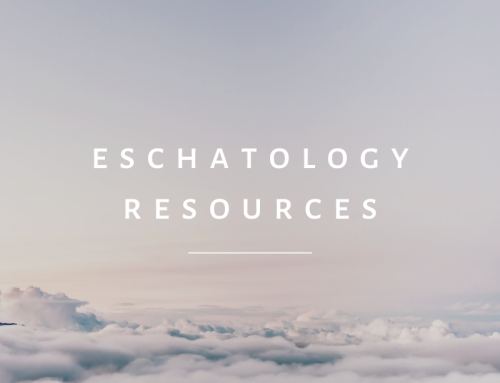Story of Stories
by Dustin Crowe, Staff Member at Pennington Park
The Story of Stories
“The whole point of Christianity is that it offers a story which is the story of the whole world. It is public truth.”[1]
“This is how we enter into and participate in the biblical story—by reading it, loving it, living it, and proclaiming it.”[2]
Everyone loves stories. Our earliest records of mankind indicate he has always told, recorded, and even drawn stories. Some of those stories from thousands of years ago still exist today in ancient documents, on cave walls, or on the sides of historic buildings and monuments.
What Stories Do
Stories place us in a community of people and provide a sense of belonging. That community then understands their identity, purpose, and mission in light of their community’s story. Just think of how “the story of America” has shaped its citizens over the last 240 years.
Stories also give us perspective and make sense of the otherwise random details of life. When you open the box of a puzzle and dump all the little pieces out it feels like an overwhelming pile of randomness. However, as you put it together you begin to see how one seemingly inconsequential piece connects to the rest. Stories—like finished puzzles—make sense out of life as they cohesively unite otherwise unrelated events.
The Story of the World
The Bible is in fact a story, a story about God rescuing a people to himself so he can live with them forever. It has a beginning, middle, and end. There are antagonists (Satan and evil), twists (the fall), supporting characters (men and women), environments (the visible and invisible realms), themes (kingdom, rescue), and a plot (redemption). It takes places in real geographic locations in the lives of actual people in historical situations. The fact that it is historical and true doesn’t make it less of a story, but it makes it the story of stories that’s life-changing and response-demanding.
As we grow in our understanding of the Bible as a story we’ll see how it does all of the things we’ve already mentioned that good stories do: place us in a community, form an identity, pass down values, build a system of beliefs, root us in the past, direct our steps, make sense of life’s details, and wrap us up in something much bigger than ourselves.
We need to not only know that “the biblical story is a compelling unity on which we may depend” but we also must come to see we have “a place within that story.”[3] Christians are both readers of God’s story and participants in the story. This not only draws us into the biblical narrative in greater, more personal ways as a reader but it provides the script for us as actors in God’s redemptive story. When the Bible is seen in this light it moves away from merely extracting truths from a religious textbook and it becomes God’s unified, redemptive story that shapes our identity, our community, our way of living, and our mission.
The Story of the Bible Class
For seven Wednesday nights (starting on September 15), we’ll dive into learning The Story of the Bible and living in light of it. We will cover six major acts or chapters within the story.
Act 1: God’s Creation (Creation)
Act 2: God’s Curse (Fall)
Act 3: God’s Covenants (Israel)
Act 4: God’s Coming (Jesus)
Act 5: God’s Church (the Church)
Act 6: God’s New Creation (Restoration)
Studying the Bible is easier and more enjoyable when we know the whole story. As we put together the whole of the story we’ll better understand its individual parts. Through this we’ll also learn about some of the Bible’s primary themes and key doctrines.
But, in addition to the class being informative and educational we hope that it is transformative and equipping. Our hope is that learning the story draws us into the story and even rewrites our own stories. As we grow in our understanding of creation, fall, and redemption we will know how to live in God’s world, how to recognize and repent of our sin, and how to live our lives in light of the redemption we have in Jesus. God’s story also moves us into mission as we get the chance to then participate in the story and proclaim to others the story.
You can register for the class here. If you have any questions you can email Dustin Crowe.
[1] N.T. Wright, The New Testament and the People of God (Fortress: London, 1992), 41-42
[2] Stephen J. Nichols, Welcome to the Story (Wheaton: Crossway, 2011), 18.
[3] Craig Bartholomew and Michael Goheen, The Drama of Scripture (Grand Rapids: Baker, 2004), 12.





